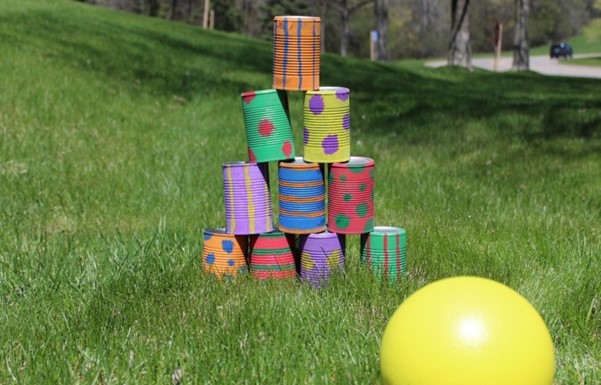With so much of our children’s time now spent online, how can we raise them to be screenwise and future-ready?
It can be a parent’s greatest challenge to set limits on screentime and boundaries around digital content consumption. However, emotions like anger and frustration often get in the way of communicating a parent’s best intentions to nurture responsible and discerning digital users. Yet if done right, our children can be empowered to consume media wisely.
Supported by Infocomm Media Development Authority (IMDA), this webinar is all about creating shifts in our parenting approach through the different ages and stages for our children to have a healthy, balanced relationship with technology that goes beyond mere rules and restrictions.
Parents will gain the skills to:
Trainer
Join our Family Life Specialist and Cyber Wellness & Digital Literacy Master Trainer, Chong Ee Jay, to get equipped at this upcoming webinar!
Duration
2 hours
Format of webinar
- Online via Zoom
- Receive parenting resources* with age-appropriate activities and practical tips
- BONUS: Live small group coaching facilitated by parent coaches
- PLUS: Post webinar 1-on-1 coaching session for webinar attendees at a special rate of $20 (U.P. $120/hr)
*Upon completion of webinar and feedback
Webinar Trainer: Chong Ee Jay
Ee Jay is a dynamic family life educator and trained counsellor who currently serves as the Lead of Relations at Focus on the Family Singapore. He regularly appears in both English and Chinese media as a family expert.
Have more questions?
Reach out to find out how you can bring this programme to your workplace or community!

Frequently Asked Questions
Have questions? We’re here to help.
The content covered in this webinar are specifically catered to parents with children between the ages of 4 to 12 years old.
Through group coaching, participants are able to gather insights from other parents with children in the similar age group.
Your spouse may attend the webinar together using the email registered for the webinar.
A recording of the webinar will be made available to all registered participants after the session.
For group bookings, kindly email Keely.Ng@family.org.sg for more information.
The groupings are assigned based on participant's whose children belong to the similar age group.
If you have 2 or more children, your grouping will be assigned according to your oldest child.
We encourage you to make all necessary arrangements to ensure that time is set aside for the webinar.
There will be no refunds* for cancellations or no-shows.
Requests for transfer of registration will be accepted via email to email Chelsea.Cheng@family.org.sg until 23 February 2024.
*The Organiser reserves the rights to cancel or reschedule the event due to unforeseen circumstances. Every effort, however, will be made to inform participants as soon as possible of the change. In the event of cancellation by the Organiser, fees will be refunded in full.






